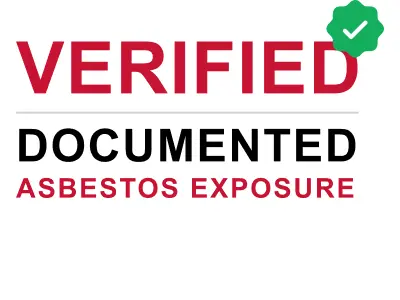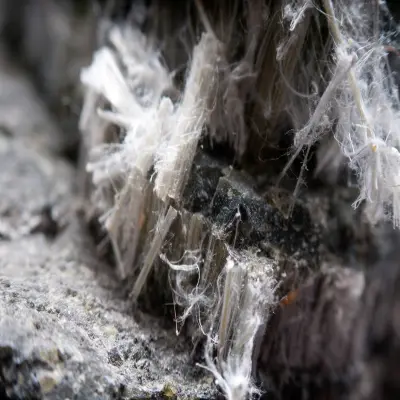Individuals diagnosed with mesothelioma, lung cancer, asbestosis, and certain pleural diseases may be eligible for compensation if their illness can be linked to asbestos exposure at Walker Hall in Spartanburg facility between 1955 and 1982. Each asbestos trust fund has specific medical criteria that must be met.


 Compensation may be available for former Walker Hall SC workers exposed to
asbestos from 1955 to 1982 and later diagnosed with an asbestos-related disease.
Compensation may be available for former Walker Hall SC workers exposed to
asbestos from 1955 to 1982 and later diagnosed with an asbestos-related disease.









 Call
Call